Resettlement of Palestinians from Gaza to Libya: Plans, prospects, and reality Expert opinions on Caliber.Az
The administration of the U.S. President is working on a plan to permanently resettle up to one million Palestinians from the Gaza Strip to Libya, NBC News reports, citing sources. Several interlocutors said that Washington has already discussed the plan with Tripoli.
According to NBC News, the White House is taking the plan quite seriously, although a final agreement has not yet been reached. The U.S. is keeping Israel informed about the progress of the discussions.
In exchange for the resettlement of Palestinians, sources say, the United States may return billions of dollars to Libya that were frozen by Washington more than a decade ago.
Donald Trump stated that, as part of a plan to end the war between Israel and Hamas, Washington proposed the resettlement of Palestinians from the Gaza Strip. The enclave, in turn, would be placed under U.S. control. However, the Palestinian authorities and the Arab League have opposed such a relocation.
How realistic is the plan for the voluntary departure of Gaza’s residents? What conditions would be necessary for its implementation, and what consequences could it bring? After all, Hamas continues to exist largely because it has a civilian population to hide among in Gaza.
Prominent international political analysts shared their views with Caliber.Az.
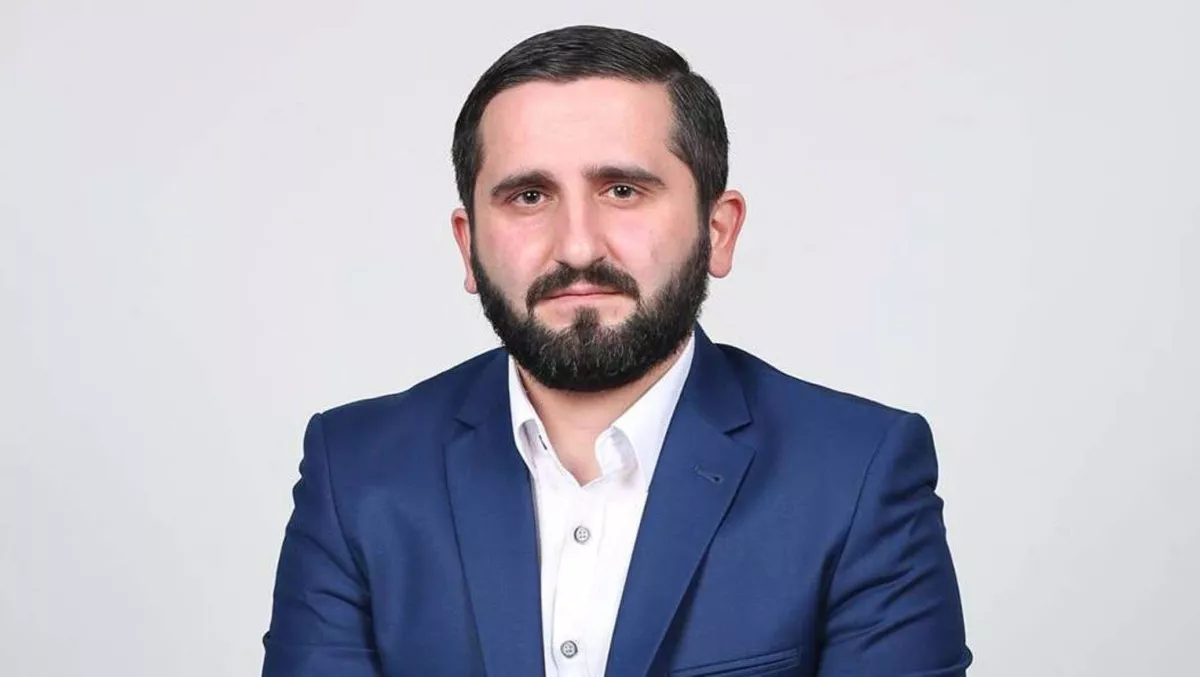
Georgian political analyst and Middle East expert Vasili Papava stated that the idea of resettling up to one million Palestinians from Gaza to Libya—reportedly linked to the U.S. administration—has indeed been discussed in several Western and Middle Eastern media outlets.
“This initiative, which would affect nearly half of Gaza’s population, appears more like a speculative political manoeuvre than a realistic project. A relocation of such scale over an indefinite period is unfeasible for several reasons. Libya, despite its vast territory, is utterly unprepared to receive a million refugees.
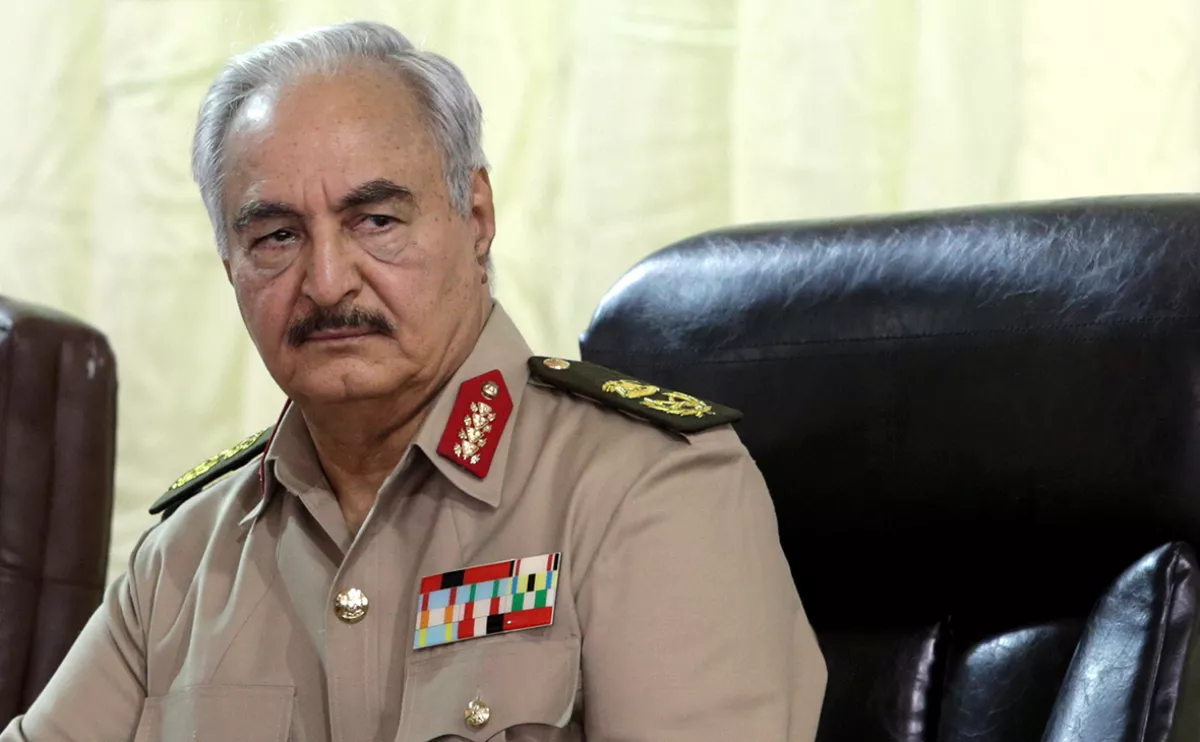
Deep political divisions between the Government of National Accord in Tripoli and the forces of Khalifa Haftar in the east, a shattered economy, and a lack of basic infrastructure render the country incapable of coping with such a challenge.
The voluntary nature of the resettlement is also highly questionable. The people of Gaza, who have lived under blockade and conflict for decades, are unlikely to leave their homes without guarantees of housing, employment, and security—conditions Libya cannot currently offer.
The international reaction further underlines the idea’s impracticality. The Arab League and the Palestinian authorities, including the Palestinian National Authority (PNA), firmly reject any proposals that could be viewed as forced displacement, regarding them as a violation of Palestinians’ right to their land. This creates diplomatic pressure on Libya, whose leaders would likely refuse to participate in order to avoid condemnation across the Arab world,” the analyst suggested.
According to him, representatives of the U.S. administration, citing international sources, deny the development of such a plan, which underscores its hypothetical nature and lack of internal consensus.
“Thus, this initiative appears more like a probe to gauge the international community’s reaction rather than the result of a well-thought-out strategy.
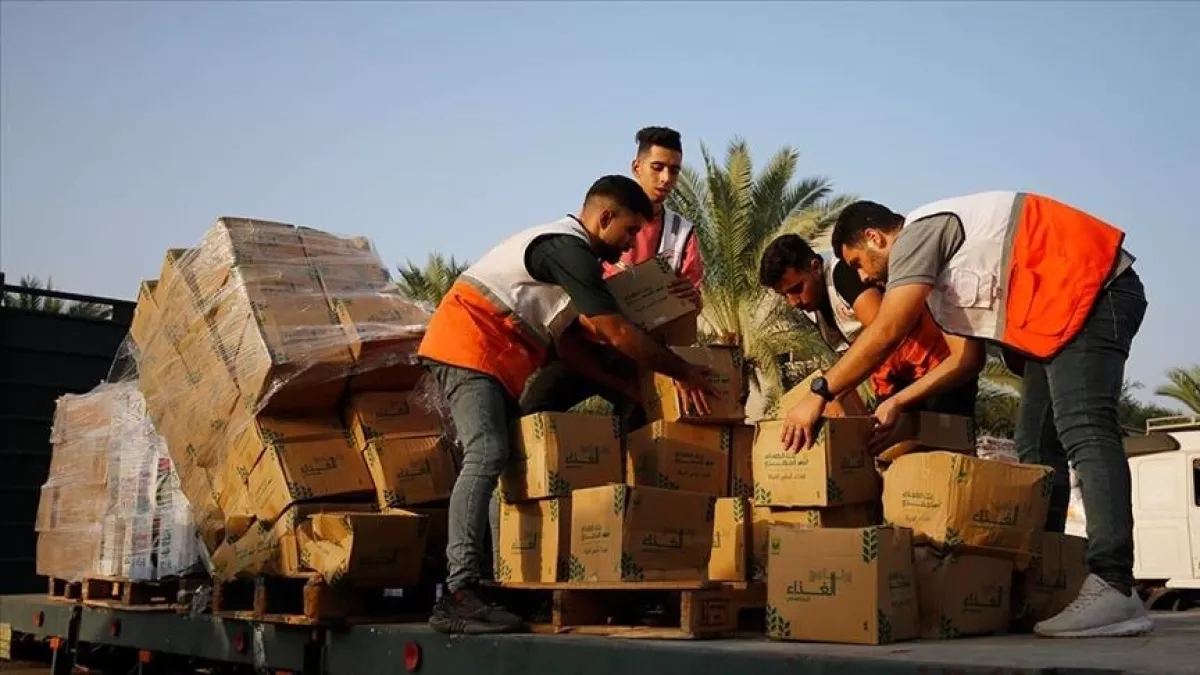
Implementing the plan would require unprecedented efforts. The financial costs would be colossal: compensations to Gaza’s residents and investments in Libyan infrastructure, including housing, schools, and hospitals. The U.S. might offer to unfreeze Libyan assets—frozen since 2011 and estimated at $150 billion—but accessing these funds would require complex approval from the UN and other parties, which is practically unattainable.
A global consensus is also necessary: without support from the UN, the Arab League, and key regional players such as Egypt, Türkiye, and Qatar, the plan would be perceived as an expulsion, inevitably provoking mass protests and a diplomatic crisis.
The security of the resettled Palestinians in Libya remains an unresolved issue, as ongoing armed clashes between rival factions and the absence of a unified government create a threat of chaos. Convincing Palestinians of the benefits of resettlement is nearly impossible given their deep historical and cultural attachment to Gaza.
Resistance from Gaza’s residents, Hamas, and Arab countries turns the plan into a utopia.
The hypothetical implementation of the plan threatens ‘catastrophic’ consequences. The resettlement of one million Palestinians would be perceived as forced expulsion, sharply increasing anti-American and anti-Israeli sentiments in the Arab world. Libya would face internal protests against accepting migrants, worsening its instability amid the ongoing power struggle between Tripoli and Haftar’s forces.
Some regional sources suggest that the U.S. might seek to increase its influence in Gaza through, for example, international peacekeeping forces or support for a reformed Palestinian National Authority (PNA). This would provoke resistance among Gaza’s population and criticism from Arab countries and Iran. According to Middle Eastern media, Iranian authorities view such initiatives as attempts by the U.S. and Israel to undermine Palestinian resistance, which Tehran could exploit to bolster support for Hamas or other groups.
The resettlement will undermine prospects for establishing a Palestinian state, weaken moderate PNA leaders, and strengthen radical movements, leading to increased terrorist activity and escalation of conflicts,” the expert believes.

He noted that Hamas remains a key player in Gaza, using the civilian population as a “human shield,” which complicates operations against the group.
“Resettling part of the population might narrow Hamas’s social base in Gaza, limiting its capabilities, but it would not eliminate a group that relies on a powerful ideology and external support, particularly from Iran.
Forced relocation, on the contrary, would strengthen sympathies for Hamas, which positions itself as the defender of Palestinian rights. The group is capable of adapting by shifting operations to other regions or adopting guerrilla tactics, making it even harder to combat. Resettlement is more likely to radicalize the situation than to destroy Hamas.
In such a scenario, Iran would likely increase its support for Hamas and other groups to counter Washington’s influence, intensifying confrontation with the U.S., especially in the context of nuclear deal negotiations.
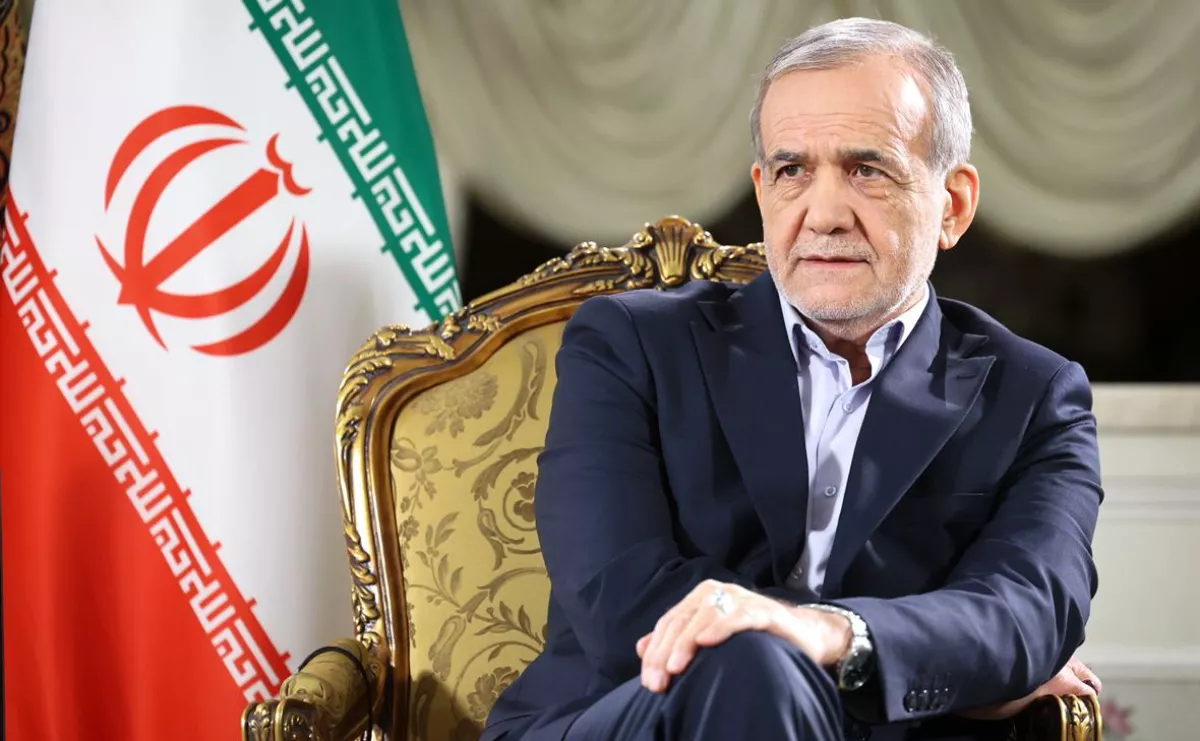
The steps taken by President Masoud Pezeshkian, elected in July 2024 and an advocate for the renewal of diplomacy, indicate Iran’s desire for de-escalation. However, advancing such initiatives would undermine trust in the negotiations and strengthen the position of Iranian conservatives who favour a hardline stance against the West.
The hypothetical plan to resettle Palestinians from Gaza to Libya is more of a political probe than a genuine initiative. Its implementation faces insurmountable obstacles—from logistical and financial challenges to fierce international opposition.
The consequences of such a move—a humanitarian crisis, radicalization, and regional instability—far outweigh any potential benefits for the U.S. or Israel. Instead of unilateral initiatives, the international community should focus on a diplomatic resolution of the Palestinian-Israeli conflict that takes into account the interests of all parties,” Papava believes.

Israeli analyst and journalist Mikhail Gurevich, for his part, stated that Israel is generally making efforts toward the voluntary resettlement of Gaza residents.
“Representatives of the Ministry of Interior recently reported that around 400 people have already left the Gaza Strip under the programme and moved to other countries via Ramon Airport. Allegedly, another 600 people are preparing to relocate in the near future. But it’s important to understand that even with a total of 1,000 people, these numbers are far from the announcements made by the Israeli government and previously by Trump himself.
The main issue, as they say in Israel, is not so much the willingness of the residents but the willingness of the host countries. Negotiations are ongoing, and the leak about Libya is apparently one of them, but certainly not the only one. Regarding Libya, it’s hard to say how feasible this plan really is.
The thing is, as we know, the civil war in Libya has intensified recently. A few weeks ago, there was some talk about relative calming of the situation, with the ruling faction backed by Turkey having prevailed and things beginning to stabilize. But now, after the assassination of one of the militia leaders of the victorious regime, the situation in Libya is far from stable again. How ready the country is to accept refugees under such circumstances is difficult to say.
On the other hand, any group or force that comes to power in Libya will need money. And such an unfreezing of assets would undoubtedly allow them to carry out reforms, make payments, and try to revive the economy. But it’s important to understand that in Libya’s case, such a move would certainly face resistance from many local residents who hold the view that Palestinians should remain on Palestinian lands.
One could expect some protests, but again, given the ongoing civil war, any such protest actions would likely be easily suppressed by force,” the expert outlined the situation.
Therefore, Gurevich believes that if there are any countries with which more practical, rather than purely theoretical, agreements can be reached, then discussions with them could take place.
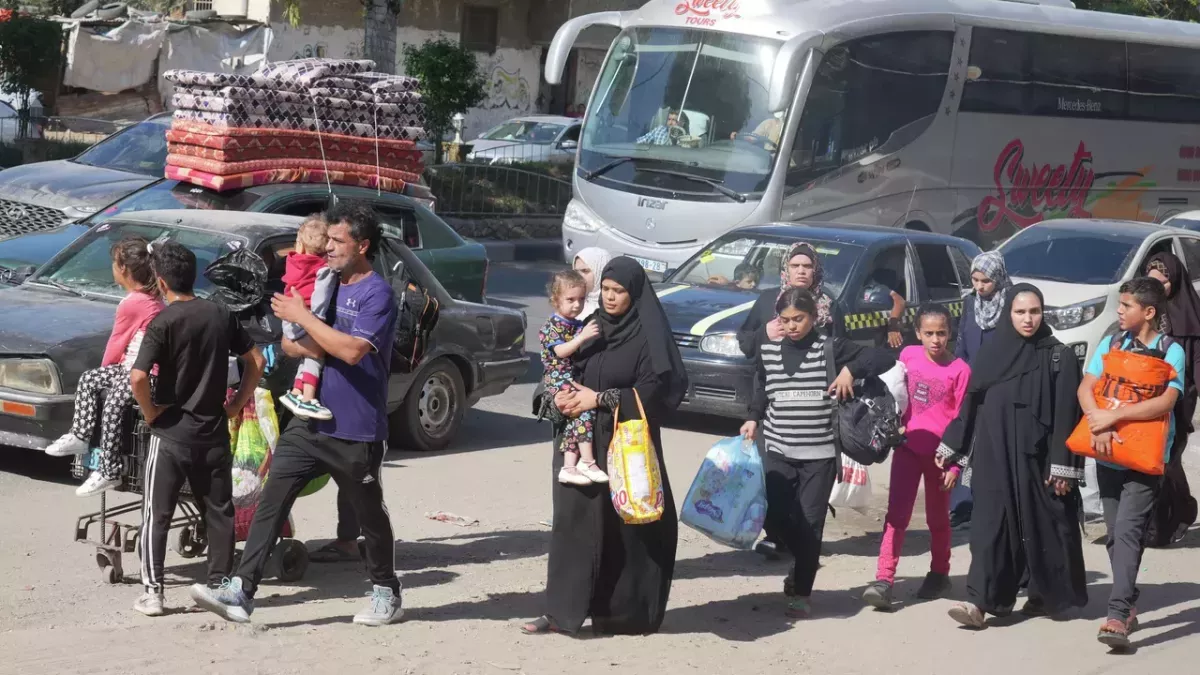
“Surveys in Gaza show that a significant portion of its residents are willing to relocate, especially if, alongside plane tickets, they are offered some guarantees regarding housing, employment, social rights, and so on.
This is generally a very important issue because creating a humanitarian problem elsewhere is probably not what the world—and certainly not the U.S. administration—wants right now.
As for Hamas, it is undoubtedly deeply interested in keeping all Palestinians in place because otherwise it loses those it hides behind and supposedly fights for.
However, Hamas currently has far more practical concerns. If it loses the ability to distribute humanitarian aid among Gaza’s residents, that would be a very painful blow for them as well. Therefore, I believe Hamas is currently mainly focused on the negotiations in Doha, where the issue of implementing the Witkoff program in some form is being discussed.
Accordingly, Hamas is currently much more interested not so much in controlling the Palestinians themselves, but in controlling the distribution, storage, and dissemination of humanitarian aid among them. That’s why Hamas isn’t very focused on this relocation plan right now. However, if the plan begins to be implemented in any significant numbers, Hamas will undoubtedly not only express protest but can also be expected to take forceful actions on the ground to prevent Palestinians from moving to collection points, let alone to the airport.

During the war, there were multiple instances when an IDF representative ordered Gaza residents to move to safer areas, but Hamas militants simply prevented people from leaving their homes and evacuating. Therefore, if relocation efforts proceed, one can expect not just verbal opposition but what could be described as terrorist acts aimed at sabotaging any relocation process.
Let’s remember history — long before the current events, when Israel allowed Gaza residents to work there (even before the Oslo Accords, in the 1980s, before Hamas existed), predecessors of today’s terrorists used to bomb buses carrying Palestinian workers to prevent them from earning money and thus to keep them loyal solely to the terrorists. So, expecting any actions, including the most violent, against those very people Hamas claims to protect is not only possible but logical," Gurevich concluded.








